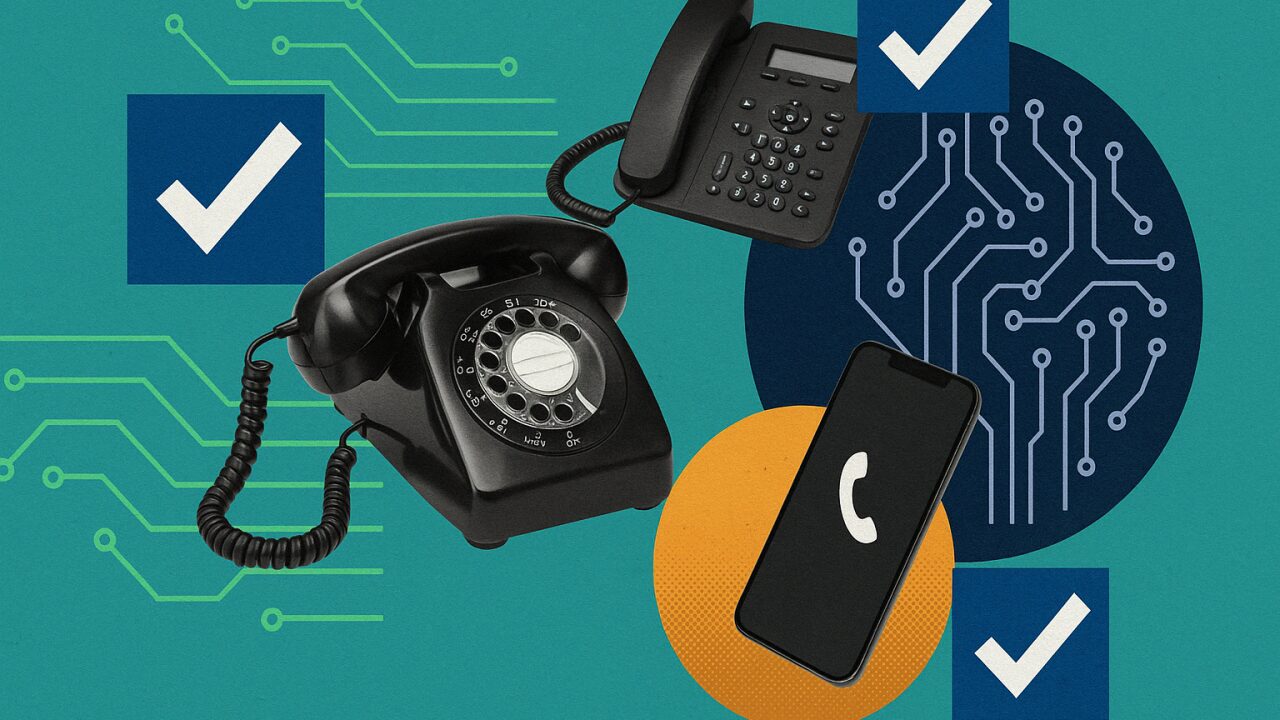Introduction:
Selling a home can be both exciting and overwhelming. While preparing for one of life’s biggest financial transactions, many sellers face the added frustration of unwanted calls, messages, and solicitations. These can come from pushy agents, opportunistic investors, or companies trying to profit from a property listing. What should feel like a structured and professional process can quickly become stressful if sellers don’t take steps to protect themselves.
Why Unwanted Solicitations Become a Problem:
“Once a property goes on the market, contact information and details about the listing may become accessible to third parties. This exposure often triggers a wave of calls and emails. For many sellers, the volume can be overwhelming. Instead of focusing on serious buyers, they find themselves sorting through distractions and sometimes manipulative outreach. The issue isn’t just inconvenience it can also impact decision-making. Aggressive tactics may pressure sellers into accepting unfavorable terms or engaging with unreliable parties. Understanding this dynamic is the first step toward creating safeguards”. Says Will Dickson, CFO, Marketplace Homes
The Emotional Toll on Sellers:
“Beyond the practical challenges, aggressive calls and solicitations can create emotional stress. Selling a home already comes with major decisions, financial concerns, and the personal impact of moving. Constant interruptions make the process harder, and repeated unwanted contact may even feel invasive. Some sellers report a loss of confidence, worrying they may miss legitimate opportunities while trying to avoid scams. This heightened anxiety can drain energy and shift attention away from meaningful aspects of the transaction. Recognizing the emotional cost underscores why protective measures are so important”. Says Jack Sellers, Founder, YallaValue
Protect Personal Contact Information:
“One of the simplest but most effective steps sellers can take is to limit the amount of personal information they share. By avoiding the use of primary phone numbers or personal emails on listings, sellers gain more control over who can reach them. Creating a separate email account or using a dedicated phone number exclusively for the sale can help filter unwanted contact and keep personal life private. Additionally, sellers should confirm with their agent or platform how their data will be handled. Responsible professionals put safeguards in place to ensure sensitive details are not unnecessarily circulated. Being selective about information reduces vulnerability to aggressive solicitations”. Says Steve Nicastro, Managing Editor, Cleveroffers
Establish Clear Boundaries with Professionals:
“Boundaries are essential in keeping communication structured. Sellers should clearly outline how and when they want to be contacted, both with their agent and potential buyers. If phone calls feel intrusive, email communication may be preferred. If texts are disruptive, sellers can request that updates be provided only during specific hours. When professionals respect these boundaries, the process becomes less stressful and more efficient. It also ensures that when sellers do receive messages or calls, they know they are from legitimate and trusted sources”. Says Owen Wilson, CEO, REA
Identifying Warning Signs of Aggressive or Misleading Outreach:
Not every call or email during the sale is harmful, but some are designed to pressure or mislead. Sellers benefit from learning the signs of behavior that should raise concern.
Warning Signs to Watch For:
- Unrealistic promises such as extremely high cash offers without inspections.
- High-pressure tactics urging immediate decisions or document signings.
- Repeated contact despite being asked to stop.
- Lack of transparency when asked for credentials or business information.
- Requests for sensitive details like financial or banking information.
Knowing these signs helps sellers avoid wasting time and prevents them from engaging with unethical individuals.
Practical Steps to Minimize Aggressive Calls:
Technology and legal tools provide sellers with effective ways to block or reduce unwanted contact. Taking advantage of these options can restore peace of mind during the sale.
Steps Sellers Can Take:
- Register numbers on official “Do Not Call” lists to block telemarketing outreach.
- Use call-blocking features on smartphones or through service providers.
- Rely on voicemail to filter unknown calls, responding only to verified messages.
- Activate “Do Not Disturb” modes during personal hours to prevent disruptions.
- Leverage an agent as a buffer, allowing them to handle inquiries and screen contacts.
These proactive steps help reduce interruptions and give sellers more control.
The Benefits of Staying Protected:
“When sellers actively protect their time and information, the benefits extend beyond fewer phone calls. Reduced distractions create space for careful evaluation of offers and greater focus on meaningful negotiations. Privacy is another key benefit. Once personal information is widely shared, it’s difficult to regain control. By safeguarding details early, sellers minimize the chance of ongoing solicitations even after the home is sold. Perhaps most importantly, taking control helps sellers feel more confident. Instead of reacting to unwanted outreach, they can concentrate on securing the right buyer under terms that suit their needs”. Says Gary Beasley, CEO. Roofstock
Build a Positive Sales Experience:
“The process of selling a home should feel structured and empowering. By limiting exposure to aggressive outreach and protecting personal space, sellers can create a more positive experience. This makes it easier to focus on the emotional transition of moving, the financial planning involved, and the ultimate goal of closing a successful deal. Maintaining balance and peace of mind is just as important as achieving the right price. When sellers protect themselves from unwanted solicitations, they not only reduce stress but also ensure the process reflects their priorities and values”. Says Babek Ismayil, Founder & CEO, OneDome
Final Thoughts:
Aggressive calls and unwanted solicitations may be common during a home sale, but they don’t have to define the experience. By protecting personal information, setting clear boundaries, recognizing warning signs, and using available tools, sellers can stay in control. Selling a home is an important milestone. With the right strategies, it can be approached with confidence, clarity, and focus free from unnecessary interruptions.





























